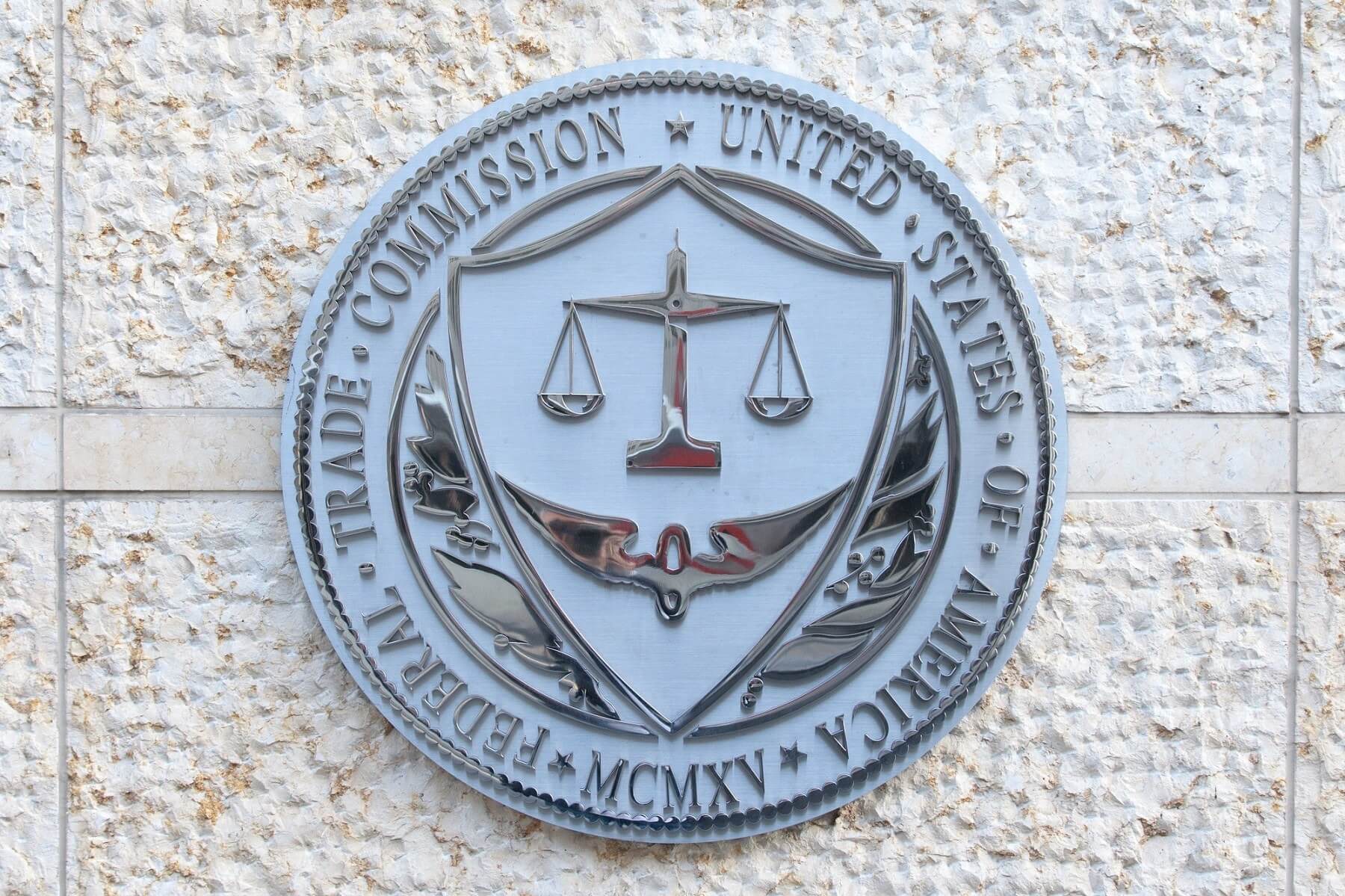What just happened? Companies that sell fake likes, retweets, and followers on social media platforms are nothing new, but the Federal Trade Commission (FTC) is clamping down on these practices, having stopped the deceptive marketing tactics of two firms.
The first company is social media marketing service Devumi, which was the subject of a New York Times investigation last year. The FTC says it used its websites to sell fake indicators of social media influence, including fake followers, subscribers, views, and likes on platforms including LinkedIn, Twitter, YouTube, Pinterest, Vine, and SoundCloud.
The company sold fake Twitter followers to actors, athletes, musicians, writers, motivational speakers, law firm partners, investment professionals, and others. Devumi filled more than 58,000 orders for fake Twitter followers, more than 4,000 fake YouTube subscribers, 32,000 fake YouTube views, and 800 fake LinkedIn followers.
The FTC has reached a $2.5 million settlement with the Devumi owner German Calas, Jr. It requires the first $250,000 to be paid, with the rest deferred unless it's discovered that Calas has misrepresented his financial situation to the FTC.
The other company to settle with the FTC was Sunday Riley Modern Skincare, along with CEO Sunday Riley. It sold products between $22 and $158 at Sephora, where customers can post reviews of their purchases. The FTC alleges that managers, including Riley, posted reviews of their own products using fake accounts, failing to disclose they were company employees.
"Dishonesty in the online marketplace harms shoppers, as well as firms that play fair and square," said Andrew Smith, director of the FTC's Bureau of Consumer Protection. "Posting fake reviews on shopping websites or buying and selling fake followers is illegal. It undermines the marketplace, and the FTC will not tolerate it."
Image credit: Mark Van Scyoc via Shutterstock
